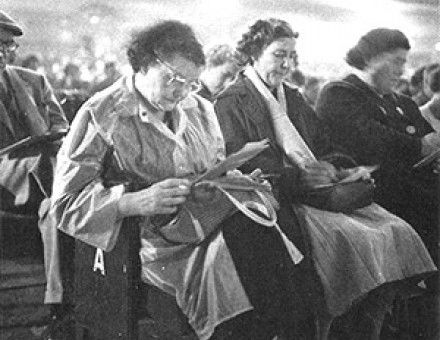The Third Reich’s Bank of England
For the duration of the Second World War, the British fought a covert battle against a large-scale influx of forged bank notes that threatened to bust the economy. Marc Tiley traces the story of the largest counterfeiting scheme in history.





